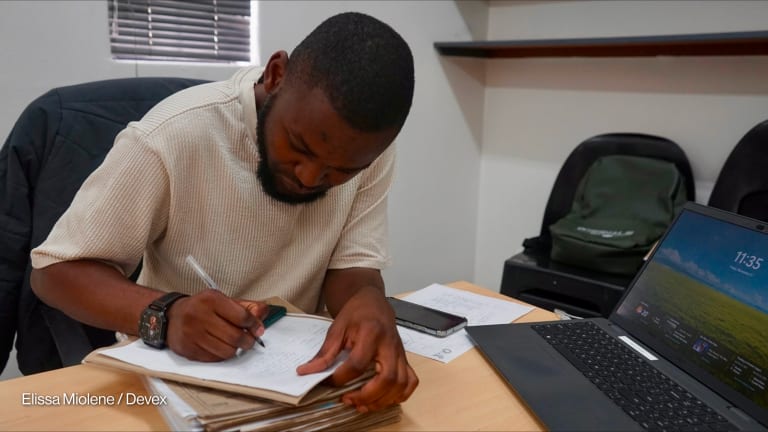Criminalization and stigma limit LGBTQ access to health care in Africa
Ava Mrima, a 26-year-old transgender woman, living in Nairobi, Kenya, painfully recalls her transition six years ago. She had fled a father hostile to her gender identity. All alone with little money and even less information on transitioning, she braved the road toward womanhood.
Her entire transition was self-medicated. Online search results and social media posts were her sources of information as she bought transgender hormone replacement therapy drugs from a local pharmacist who showed open spite for her changing physical appearance.
Studies show that compared with cisgender people — whose gender identity corresponds to their sex at birth — and heterosexual peers, sexual and gender minorities are more likely to face barriers to accessing appropriate health care, despite being at a higher risk for some diseases.
Search for articles
Most Read
- 1
- 2
- 3
- 4
- 5








